COP21: unspoken India-U.S. war
An unspoken war has been waged between India and the U.S. at the COP21 Summit in Paris. If the West wants India to opt for more expensive energy options, then they must also reciprocate by sharing technology.
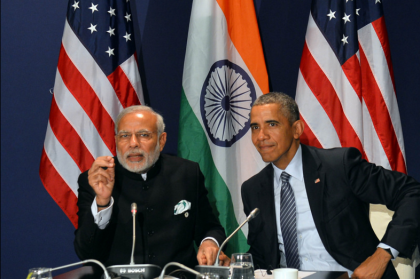 Courtesy: MEA India / Flickr
Courtesy: MEA India / Flickr
An unspoken war has been waged between India and the U.S. at the COP21 Summit in Paris. If the West wants India to opt for more expensive energy options, then they must also reciprocate by sharing technology.
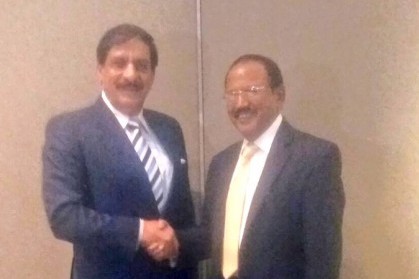 Courtesy: Twitter
Courtesy: Twitter
The brief interaction between Modi and Sharif in Paris paved way for a meeting between the NSAs of the two states in Bangkok on 6 December. It is these unobtrusive talks by empowered envoys in neutral venues which will achieve real results
 Courtesy: Presidencia Ecuador / Flickr
Courtesy: Presidencia Ecuador / Flickr
The Ecuadorian president’s first-ever state visit to India this month was cancelled, possibly because four of seven helicopters supplied by HAL to Ecuador have crashed. But this hurdle can be overcome, and ties between the two countries can expand beyond defence and oil to sectors such as pharma, IT, and agribusiness.
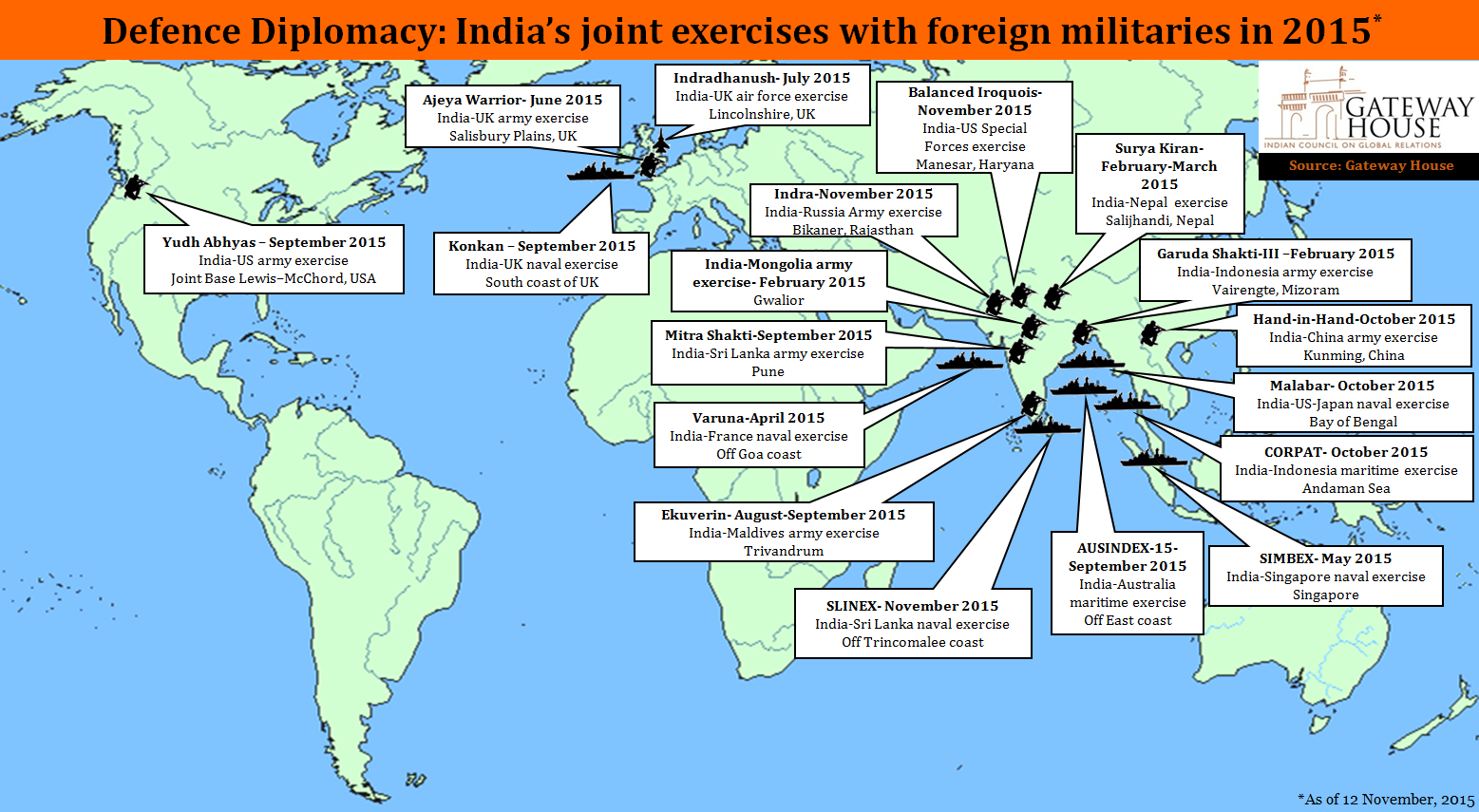 Courtesy:
Courtesy:
This year, India's defence diplomacy has ramped up. In 2015 alone there have been 18 military exercises- naval, army and air force- with 13 countries, among the largest engagements the country has had. Most significant is Japan joining the Malabar exercises in the Bay of Bengal and the first-ever maritime exercise with Australia. This is increasing India's presence from the Arabian Sea to the Bay of Bengal. As these exercises intensify India will be better positioned to handle regional security challenges.
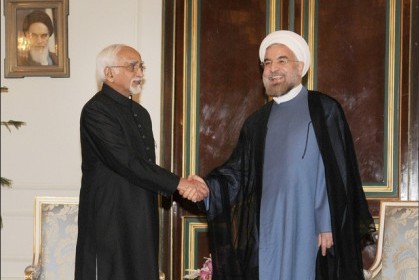 Courtesy: MEA Flickr
Courtesy: MEA Flickr
The strategic and geopolitical importance of Iran’s Chabahar Port is not lost on India. It is for this reason that India is keen to partner with Iran on investing in developing berths at the Port. Although the relationship between the two have had its ups and downs, it is time that with a nuclear deal in place between Iran and the P5+1, India realises that it has much more at stake in its relationship with Tehran.
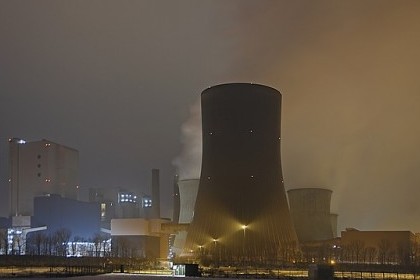 Courtesy: Pixabay
Courtesy: Pixabay
Solar power developers have offered to sell electricity in India at less than Rs 5/unit. This makes solar competitive with traditional forms of energy, and makes new nuclear power plants financially unviable. India must register the changed reality, and discard the idea of expensive Western reactors. Time to scrap the India-U.S. nuclear deal?
 Courtesy: IAFS
Courtesy: IAFS
The third India-Africa Forum Summit this week in New Delhi may be the right opportunity for the Modi government to formulate a strong Africa policy, and hosting more than 50 heads of African states will give India a chance to deepen the relationship and open access to newer markets.
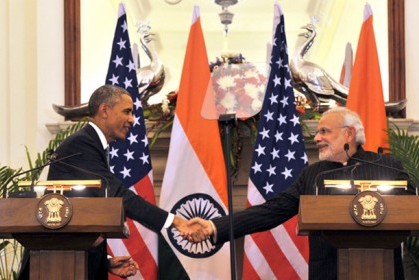 Courtesy: Wikipedia
Courtesy: Wikipedia
Modi’s second visit to the U.S. in September indicates a growing partnership in such areas as business, technology, and climate change. Though gaps too remain—for example, India is not part of the TPP and its bid for a UNSC seat is on hold—for now, it is time to consolidate bilateral meeting points, and India can start by simplifying its trade policy and tariff structure
 Courtesy: Wikipedia
Courtesy: Wikipedia
The recent U.S. and China agreement to contain cyber espionage will not only impact their bilateral relationship, it will also create norms in international cyberspace. But implementation remains a challenge, and businesses, including in India, that have faced cyber threats must proactively plug their vulnerabilities
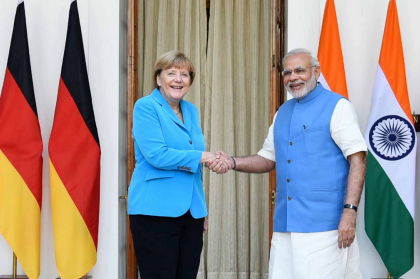 Courtesy: MEA / Flickr
Courtesy: MEA / Flickr
German Chancellor Merkel’s recent visit to India with a high-powered entourage showed the weight attached to this bilateral relationship. German companies want to gain more access to the Indian market and be part of Prime Minister Modi’s high-tech initiatives—and it is up to India to surmount political hurdles and tap into this potential.